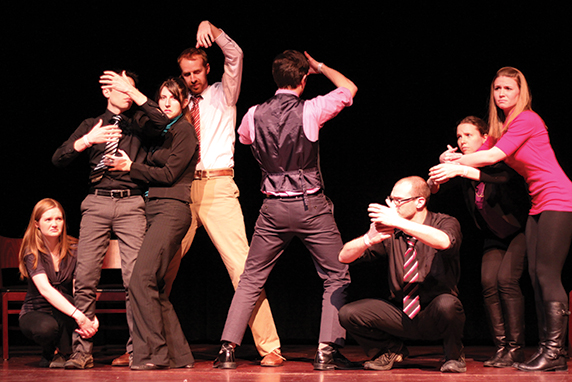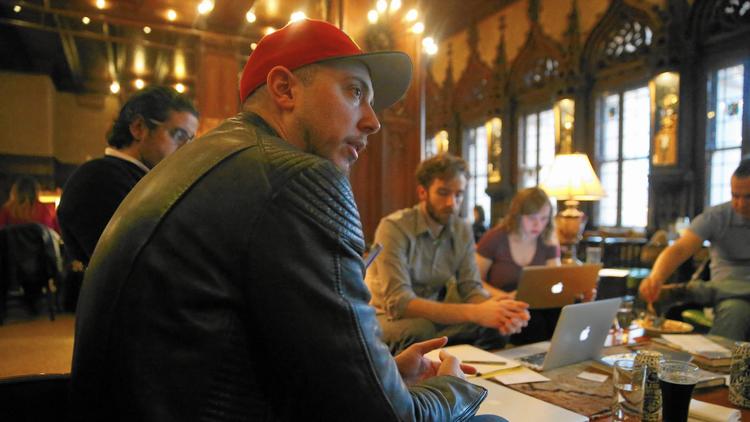By Jeff McMahon, Opinion, Forbes
People who want to know what trees to plant for a changing climate sometimes have trouble getting a clear answer, in part because the answer varies by region, in part because the effects of climate change are uncertain, and in part because the best answer scientists can offer is: lots.
Plant lots of trees. Plant lots of kinds of trees.
Continue reading “How To Plant Trees In A Changing Climate”
By Jeff McMahon, Opinion, Forbes
Purdue researcher Rakesh Agrawal is leading work to develop solar cells that do not obstruct the light needed for crops to grow.
A Purdue University professor is developing a way for farmers to capture solar energy without blocking the sunlight their crops need.
The solar collectors being developed by Chemical Engineering Professor Rakesh Agrawal and his colleagues would capture infrared radiation for energy production while letting visible light pass through to crops.
Continue reading “Local Farmers Will Replace Oil And Electric Companies, If A Purdue Prof Gets His Way”
Former WBEZ host and self-professed geek Aaron Freeman traveled to Carbondale to see this year’s solar eclipse from the path of totality. The comedian, author, and artist in residence with the Chicago Council on Science & Technology talked Worldview through the moment of totality, and eclipse-themed yoga happening downstate.

By Geoff Hunt, ASBMB Today
On April 24, comedian Mike Abdelsayed will lead a team of improv professionals from One Group Mind to put on “Nothing Academic: A Night of Science-Themed Improv” at The Comedy Clubhouse in Chicago. The improv comedy show, which is sponsored by the Public Outreach Committee of the American Society for Biochemistry and Molecular Biology, will present an example of science communication in action.
Continue reading “An Evening of Science-Themed Improv”

By Jeff McMahon, Opinion, Forbes
Scientists in China and the United States are working on a novel way to kill two birds with one stone: capturing carbon-dioxide pollution to use in an energy-storage system that can back up clean sources like solar and wind.
Compressed air is already employed in one of the cheapest forms of energy storage. When windmills are spinning and the sun is shining, excess energy is used to compress air that later, when the air is still and the sky dark, is blasted through turbines mixed with natural gas. But that method produces a lot of waste heat and its own carbon footprint.
Continue reading “How Captured CO2 Could Provide The Energy-Storage Solution Everyone Is Looking For”

By Patrick M. O'Connell, Chicago Tribune
In Illinois coffee shops and theaters, scientists and science fans gather to plan a march. At government offices they fret about the appointment of Cabinet leaders who hold skeptical views on climate change. And in labs they worry about the freeze on their research projects.
The regional science community has felt apprehension since the early days of Donald Trump’s presidency — concerns that further crystallized Thursday with the release of the administration’s budget proposal. Trump seeks deep cuts to the Environmental Protection Agency and other areas of federal government that rely on scientific research.
Continue reading “Local science community rallies around opposition to Trump, plans march”


